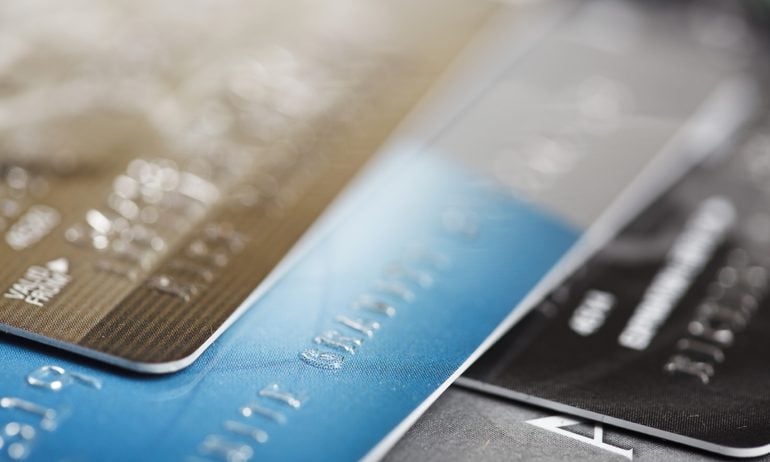When Chase Put the ‘5/24’ Credit Card Rule in Writing … Briefly
The Chase 5/24 rule limits the number of personal credit cards you can open within a two-year period.

Many or all of the products on this page are from partners who compensate us when you click to or take an action on their website, but this does not influence our evaluations or ratings. Our opinions are our own.
The Chase Sapphire Reserve® was introduced in 2016 with an especially enticing sign-up bonus — 100,000 Chase Ultimate Rewards points, worth as much as $1,500 when redeemed for travel through Chase. (The bonus offer has since changed, multiple times, as have other benefits and features of the card.)
For "churners" — people who apply for credit cards to earn their sign-up bonuses and then abandon the cards — it was like catnip. But Chase put the kibosh on some churners with its "5/24 rule."
Sign-up-bonus chasers have known about the 5/24 rule on Chase credit cards for some time, but in 2016 the issuer spelled it out in an official capacity for the first time — for a while, at least. A note on the application page for the Chase Sapphire Reserve® read, "You will not be approved for this card if you have opened 5 or more bank cards in the past 24 months." That total includes cards from all issuers, not just Chase.
The language was removed from the page on Sept. 1, 2016, but the rule is presumably still in effect, unwritten though it may be.
Why would sign-up bonuses be limited?
Credit card issuers offer sign-up bonuses to attract new customers and get them in the habit of using the new card. To earn the sign-up bonus on a new card within the mandated time period, it's common to use the card for just about every purchase until you hit the spending threshold. Issuers hope that the rewards and the perks on a card will keep you using it even after you've locked up the bonus.
Credit card issuers make money in a number of ways. One is from fees and interest paid by cardholders. However, you can limit how much these cost you. If you pay your balance in full each month, you'll pay no interest, and you can limit your fees by paying on time and not using the card for cash advances or balance transfers. Issuers also make money from interchange fees, which are paid by merchants when you use your card.
What the credit card companies don't want is someone who uses a new card just to get the sign-up bonus and then sticks it in a drawer — or cancels the account. When that happens, the issuer loses money. It can't recoup the cost of the bonus, either from the cardholder or from interchange fees.
"We want to build a long-term relationship with the customer," says Ashley Dodd, a spokeswoman for Chase credit cards. "We offer rich reward value, benefits and events, and the only way to do it is to have customers who are with us for a long time.
"Chase carefully reviews each application and considers a variety of factors, including the number of cards opened. Customers who open multiple card applications in a short period of time, regardless of issuer, will likely encounter difficulties."
Other issuers have rules, too
Chase isn't the only card with bonus limits that deter churners. American Express, for example, spells out its policy on what it calls "welcome bonuses" in its terms and conditions: "Welcome bonus offer not available to applicants who have or have had this product." That means you can't apply for a card, earn the bonus, cancel the account and then reapply later for the same card and collect another bonus. Plus, one person cannot have more than four AmEx business or personal cards open at one time.
At Discover, according to a customer service representative, you must wait at least 12 billing cycles before you will be considered for a second Discover card. At Capital One, meanwhile, a customer service representative writes, "Capital One may decline an application if you have a pending or approved application in the last six months."
The rule for all rewards cards
Regardless of which rewards card you carry, remember that using a rewards card really makes sense only if you pay off your balance in full every month. Interest charges will quickly eat up the value of the rewards you earn. If you expect to carry a balance from month to month, you're better off with a low-interest credit card.
1x-8x
Points125,000
Points1x-5x
Points75,000
Points1x-8x
Points150,000
PointsFind the right credit card for you.
Whether you want to pay less interest or earn more rewards, the right card's out there. Just answer a few questions and we'll narrow the search for you.




